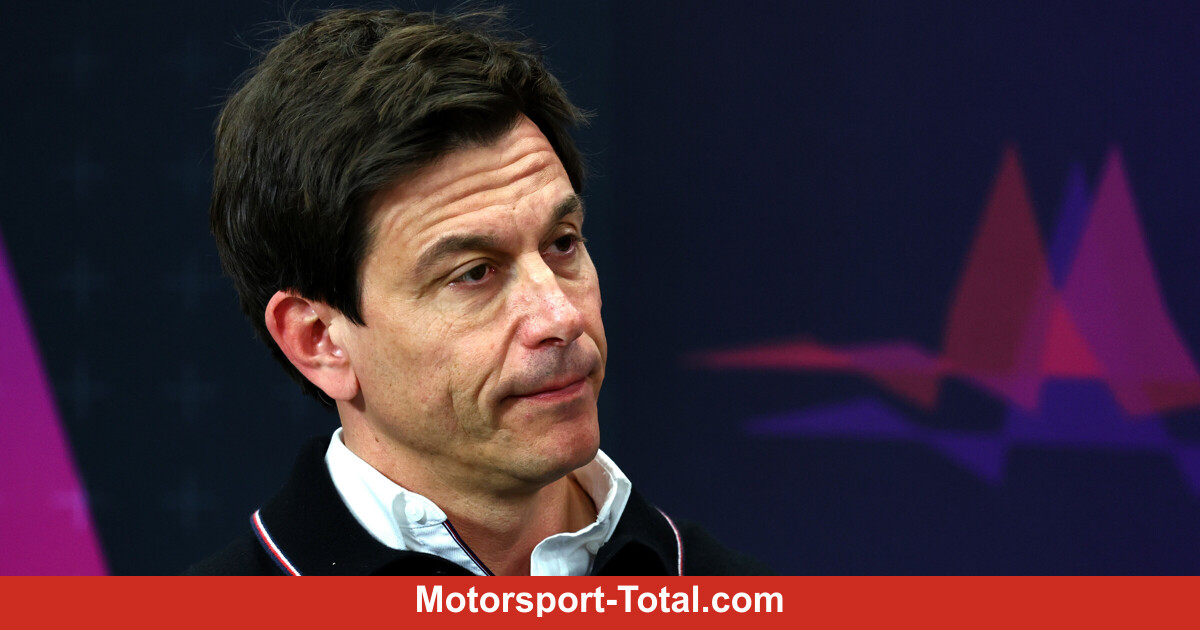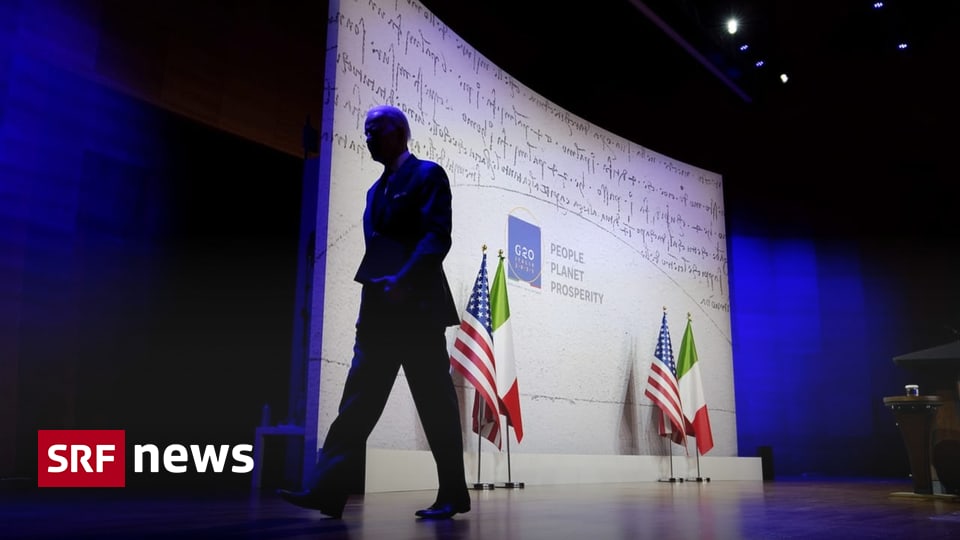- The major economic powers (G20) committed themselves in Rome to comply with the Paris climate agreement.
- In their final declaration, the countries reaffirmed the goal of limiting global warming to 1.5 degrees compared to the pre-industrial era.
- On the other hand, it remained unclear what specific measures the G20 intends to take to achieve these goals. The major economic powers could not agree on an ambitious declaration on climate protection.
- US President Joe Biden has blamed China and Russia for the disappointment of many climate activists with the decisions of the G-20 summit.
Italian Prime Minister Mario Draghi defended the results after the summit ended. “This summit was a success,” he said at the closing press conference in Rome, stressing the G20’s commitment to the 2015 goal of limiting global warming to as much as 1.5 degrees possible. An important goal was also achieved by committing to ending coal financing for electricity generation.
On the other hand, climate activists were disappointed with the results of the two-day summit of the 20 most important industrialized and emerging countries (G20) in Rome. The final declaration does not contain a specific target date for significant CO2 neutrality nor for the phase-out of coal power generation.
Looking at China and Russia
While 2050 should be set for “net zero greenhouse gas emissions or CO2 neutrality” initially, the target is generally only “to or around the middle of the century”. This means that only as many emissions are released as can be restricted.
US President Joe Biden has blamed China and Russia for the disappointment of many climate activists with the decisions of the G-20 summit. On Sunday, after the two-day summit in Rome, Biden said the disappointment was due to the fact that the two countries had not shown any willingness to make any commitments in terms of climate protection. “There is a reason why people are disappointed. I found it disappointing.”
$100 billion in aid
And the commitment to phase out investments in coal-fired power plants was also not very specific. If it originally happened “in the 1930s,” the year was missing in the closing statement. It is now being considered “as soon as possible”. This may mean that China or India, which are highly dependent on coal for electricity and are difficult to meet demand, have been considered again.
Draghi said after the summit that China and India had given in to an early phase-out of coal in the past few days. There is a new attitude that we will not succeed in protecting the climate without multilateral cooperation.
However, the G20 announced that it will no longer use public funds to support the construction of coal-fired power plants abroad by the end of this year. In the declaration, countries committed once again to the goal of providing poor countries with €100 billion to restructure their economies in a climate-friendly manner.
However, outgoing Chancellor Angela Merkel rated the decisions after the recent G20 summit as likely a “good sign” for Glasgow. “I am leaving Rome with unfulfilled hopes – but at least not buried,” tweeted UN Secretary-General Antonio Guterres, who traveled from the G20 to the climate summit on Sunday.

“Tv specialist. Friendly web geek. Food scholar. Extreme coffee junkie.”







More Stories
Italy: State broadcaster RAI in crisis over Meloni – News
North Korea has a new (propaganda) song, sorry sausage
Plane from Olympic Airlines: Ellinikon's Boeing 727 is designed in a new location